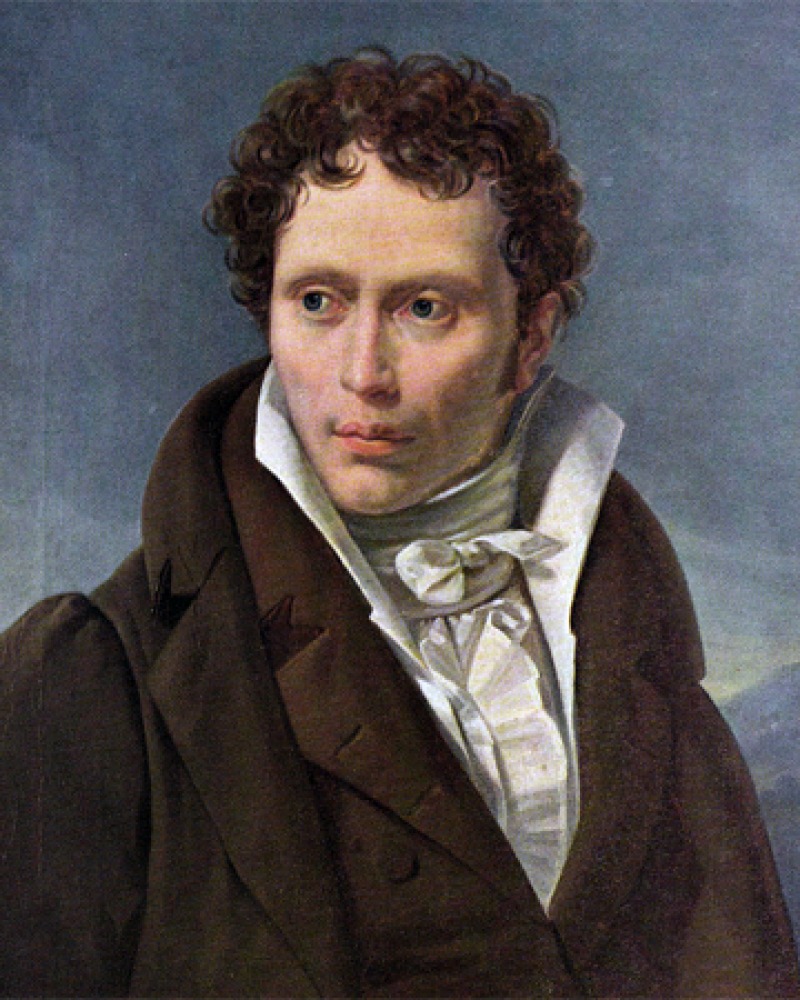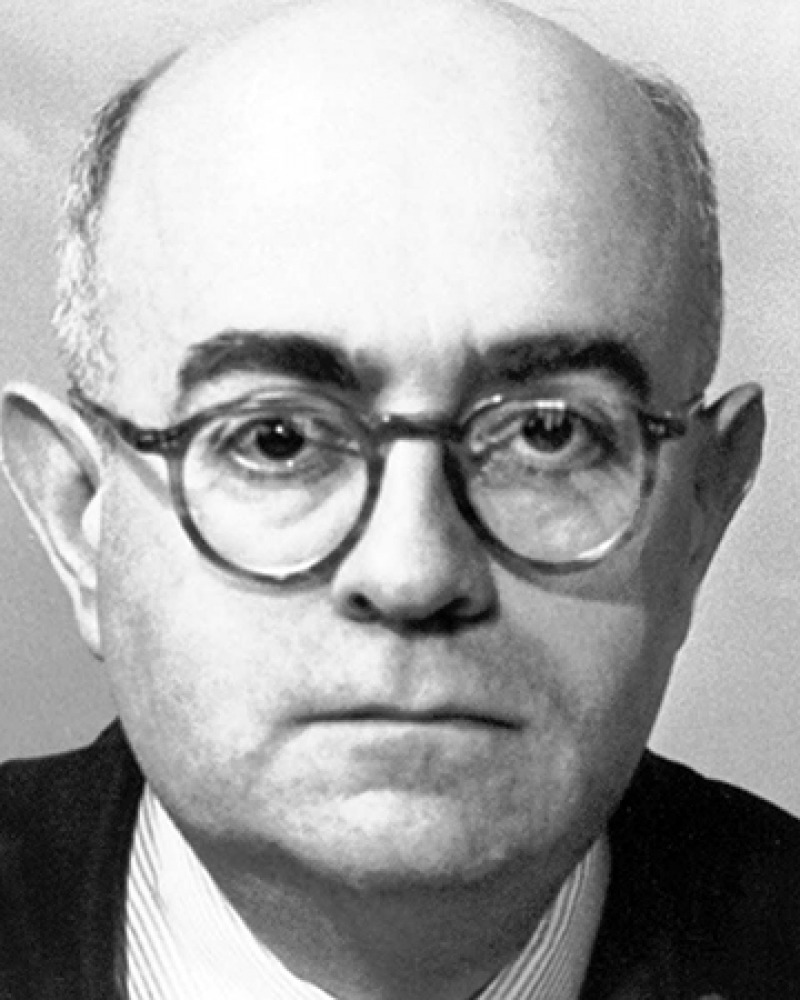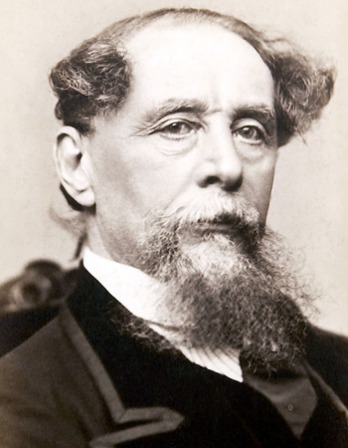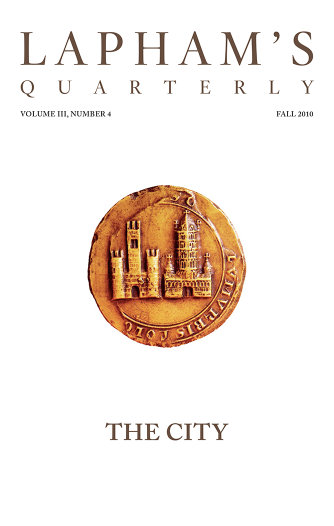
Arthur Schopenhauer
The World as Will and Representation,
1819
The World as Will and Representation,
The close relation that music has to the true nature of all things can explain the fact that, when music suitable to any scene, action, event, or environment is played, it seems to disclose to us its most secret meaning, and appears to be the most accurate and distinct commentary on it. Moreover, to the man who gives himself up entirely to the impression of a symphony, it is as if he saw all the possible events of life and of the world passing by within himself. Yet if he reflects, he cannot assert any likeness between that piece of music and the things that passed through his mind. For music differs from all the other arts by the fact that it expresses the metaphysical to everything physical in the world. This is the reason why music makes every picture, indeed every scene from real life and from the world, at once appear in enhanced significance, and this is, of course, all the greater, the more analogous its melody is to the inner spirit of the given phenomenon. It is due to this that we are able to set a poem to music as a song, or a perceptive presentation as a pantomime, or both as an opera. Such individual pictures of human life, set to the universal language of music, are never bound to it or correspond to it with absolute necessity, but stand to it only in the relation of an example, chosen at random, to a universal concept.




